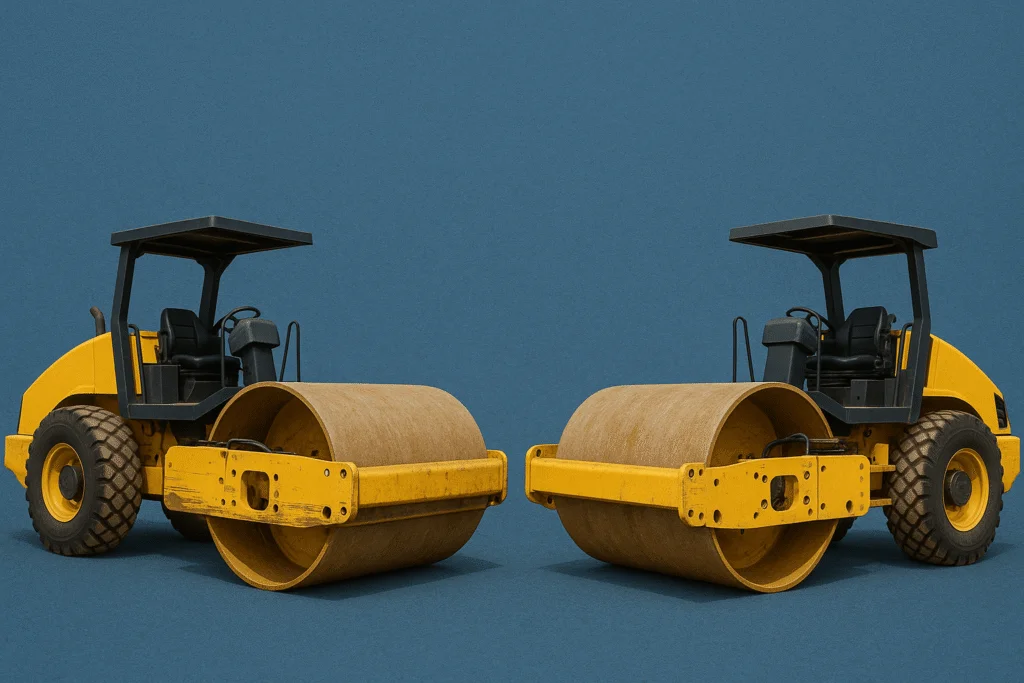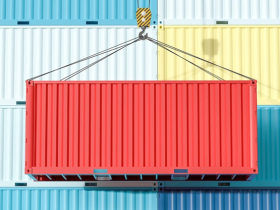Maintaining asphalt driveways and small paved areas around the home often requires more than just filling cracks and potholes. Proper compaction is critical for durability, and that’s where a mini road roller comes in. These compact machines provide the same function as their larger construction counterparts, but in a size and cost range more suitable for residential use. The main question homeowners face is whether to rent or buy one. Both choices come with advantages and drawbacks, shaped by budget, usage frequency, and long-term goals.
Why Mini Road Rollers Matter
Mini road rollers are essential for ensuring asphalt is compacted properly. Without sufficient compaction, repaired areas quickly deteriorate under weather and vehicle pressure. These machines apply vibration and downward force to eliminate air pockets and strengthen the asphalt’s structure, producing a smoother, longer-lasting finish. For homeowners seeking to extend the life of their driveways or improve curb appeal, using a roller can mean the difference between a quick fix and a repair that lasts for years.
The Case for Renting
Renting a mini road roller is the most common choice for homeowners because it offers convenience and cost savings. Rental outlets typically provide daily or weekly options, which are more than enough for small asphalt projects.
- Affordability – Renting eliminates the high upfront cost of buying. Small projects usually finish within one or two days, reducing costs.
- No Maintenance – Homeowners don’t need to worry about repairs, storage, or long-term upkeep of the machine.
- Variety of Models – Rental shops often carry both walk-behind and ride-on rollers, letting users choose what best fits their project.
- Ideal for Occasional Use – If asphalt repairs are rare, renting avoids the cost of owning equipment that sits unused most of the year.
In high-demand periods, rollers may be hard to rent, and costs rise with multiple projects.
The Case for Buying
Buying a mini road roller makes sense for those who anticipate frequent use or who want complete control over their equipment.
- Long-Term Savings – While the upfront cost is significant, regular users may find ownership cheaper over time compared to repeated rentals.
- Availability on Demand – Having a roller on hand means no scheduling conflicts or delays caused by rental shortages.
- Resale Value – Well-maintained rollers hold value, and homeowners may recover part of the investment by selling later.
- Professional Results Anytime – Owners can tackle unexpected repairs or maintenance projects quickly without waiting.
On the downside, ownership comes with responsibilities. Maintenance, repairs, and storage require time, space, and money. For the average homeowner who only uses the machine occasionally, these ongoing costs can outweigh the benefits.
Considering Alternatives
Not every project requires a roller. Smaller repairs may be managed with a plate compactor, which is easier to handle and cheaper to rent. Contractors often recommend consulting a trusted plate compactor supplier for options if the repair area is small, irregularly shaped, or located in tighter spaces where rollers cannot operate effectively. This flexibility helps homeowners match the tool to the task.
Practical Decision Factors
When deciding between renting and buying, homeowners should weigh several factors:
- Frequency of Projects – Occasional users should rent, while frequent users may justify buying.
- Storage Space – Mini rollers require secure, covered storage to prevent weather damage.
- Project Size – Large resurfacing jobs benefit from owning, while patch repairs are cheaper with rentals.
- Future Plans – If more extensive paving or multiple properties are in the picture, buying may pay off sooner.
Mini road rollers are invaluable for homeowners committed to durable asphalt repair. Renting offers low cost and convenience, making it the smart choice for occasional projects. Buying, while more expensive initially, can be worthwhile for those with frequent repair needs, larger properties, or long-term improvement plans. For smaller areas, alternatives like plate compactors may be enough.
Ultimately, the decision rests on balancing cost, frequency of use, and project size. Considering these elements allows homeowners to decide on the option offering both savings and durability.











